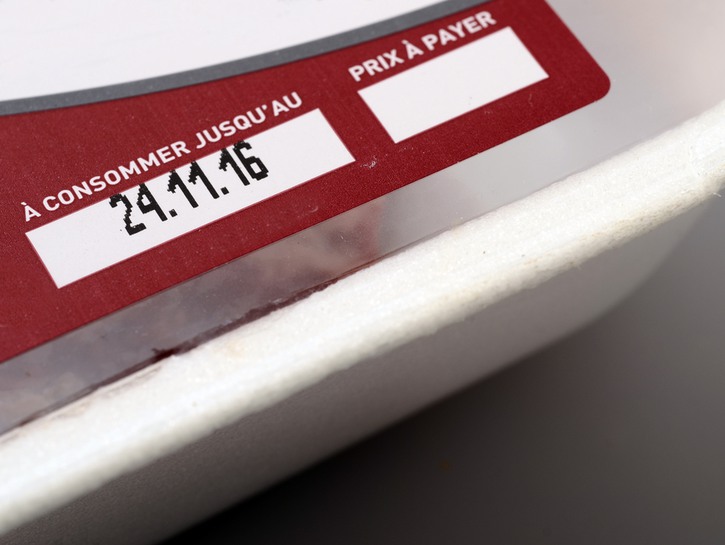After the groceries are all purchased and stored at home, we sometimes forget about a few items tucked away in the pantry. When you discover canned goods or food in boxes, you check the date to see if it’s still good and lo and behold, the best before date has long since expired. And where does expired food go? The trash, of course.
But these misunderstood labels are meant to let consumers know about the quality of the food, and they have nothing to do with the safety of consumption. In fact, with so many people fearfully dumping food in the trash on account of the best before date, America is unloading billions of dollars worth of food every year.

What Is The Best Before Date?
The best before date is a stamped date by manufacturers that tell consumers, quite simply, when it’s best to eat a certain item. They aren’t mandatory and the only reason they’re there is to try and let you know when the food will have the best flavor. They have nothing to do with safety, but people often confuse them for “use by” dates, which are the dates you need to use an item before.
Dating is typically found on most foods.
The Differences In Dates
The main reason for all the confusion most likely stems from the different dates. There are a few you can and should familiarize yourself with:
Best Before: This is the date that refers to how fresh an item will be up until that point. It has nothing to do with safe consumption and though the quality might not be as fresh as it once was, it won’t make you sick if you eat something after the date.
Use By: This date means that the printed day is the last day until freshness is lost on a certain item. It’s a recommended date and doesn’t relate to safe consumption unless it’s on baby formula.
Sell By: This date is merely there to let stores know how long they should have an item on the shelf for inventory purposes. It isn’t considered a safety date.
Don’t Let The Dates Dictate Shelf Life

Now that we cleared up what the dates mean, let’s go over what they mean for your food. In order to reduce your food waste, you should really be working to ensure that the dates don’t encourage you to chuck away perfectly good items. Unless you’re looking at baby formula, the above dates do not indicate safety, but rather freshness. If you see that something is passed the best by date, that doesn’t mean it’s expired and that way of thinking needs to be nipped in the bud.
There are plenty of foods out there that will remain perfectly safe despite being past its prime. The only things that will tell you if food has gone bad are the typical signs: mold, a bad smell, sliminess, and severe discoloration.
How Much Food Is Wasted Each Year?
According to the USDA, an alarming amount of food was wasted even back in 2010. At that time, the USDA reported that America’s food waste was estimated to be between 30-40 percent of the food supply. So, approximately 133 billion pounds and $161 billion worth of food was wasted in 2010, which negatively impacted climate change and resource conservation.
A report published by The Guardian in 2016 showed that, even six years later, America wasn’t doing any better with their food waste. The article also quoted Jay Johnson, someone who ships fresh produce from North Carolina to Florida, who said that a large part of food waste comes from consumers wanting a picture perfect item. So, anything that’s slightly bruised or discolored is ignored or tossed away, even if the food is still good.

Reminders
Some important things to keep in mind are:
- You shouldn’t ignore any signs of food decaying, such as the ones listed above. However, getting to food a few days after the “best before” date isn’t a warning sign.
- Only very perishable foods use the “use by” date, and even then it’s not a safety hazard unless you have baby formula.
- These dates, unless on baby formula, are typically only used a voluntary measure from manufacturers. They’re letting you know about the quality of food, not the safety of it.
- Just because something is a little past its prime doesn’t mean it belongs in the garbage or should be ignored.
Keep all this in mind on your next trip to the grocery store and you’ll find that the garbage is might lighter at the end of the week.
